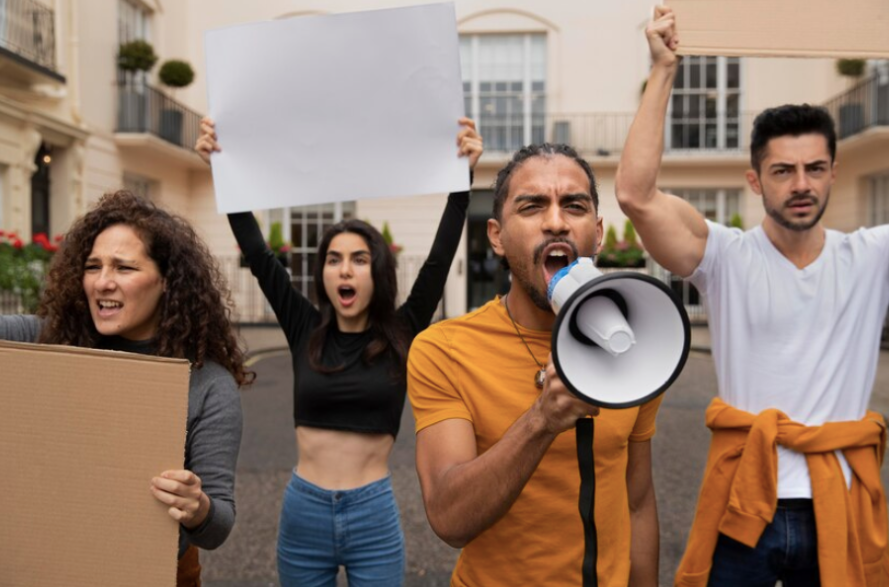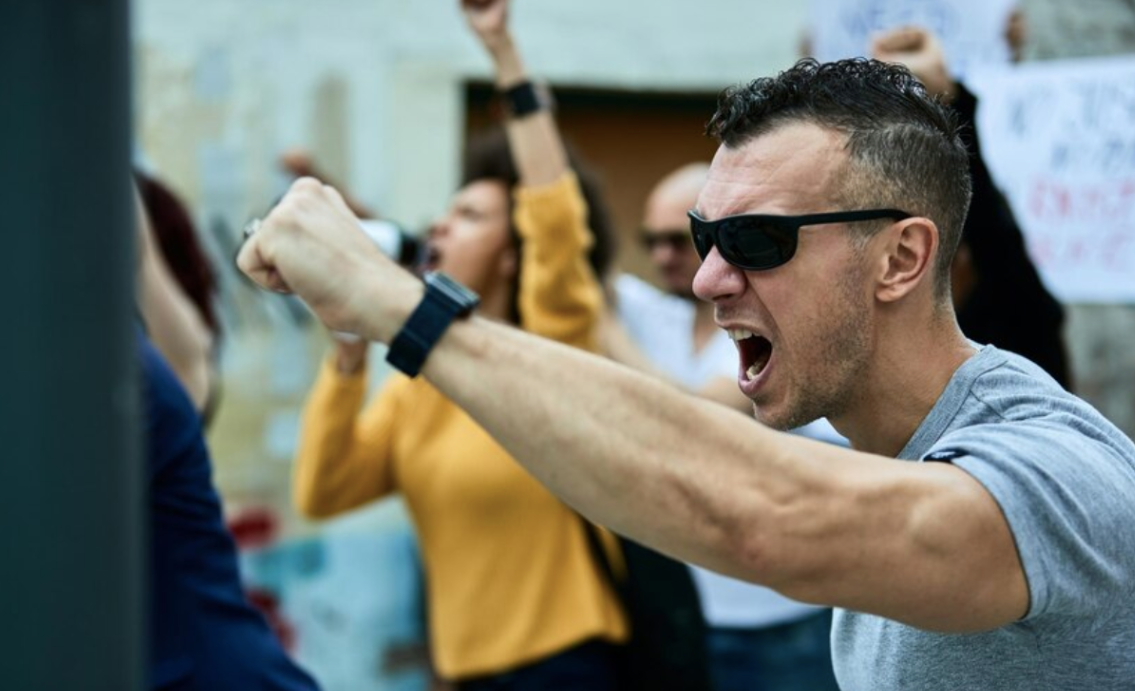
In Singapore, the subject of rioting is frequently veiled in myths. Despite the city-state's well-known stringent legal code and emphasis on maintaining social order, it is crucial to comprehend the legal ramifications of rioting.
To fully comprehend the significance of rioting, one must investigate the legal definition of rioting in Singapore and take into account the historical events that have influenced how rioting is treated by the law.
Also Read: Corporate Lawyer vs. Criminal Lawyer
The Penal Code of Singapore thoroughly summarizes the laws related to rioting. It sets rioting apart from other types of disruptions. For example, whereas a gathering of five or more people carrying a common object that endangers public order qualifies as an "unlawful assembly," it turns into rioting when the group uses force or violence.
It's critical to distinguish rioting from other forms of disturbance, such as demonstrations or open assemblies. According to the Penal Code, rioting is when a participant in an unauthorised gathering blatantly uses criminal force.
According to Section 146 of the Penal Code, rioting occurs when a member of an unauthorised assembly uses violent or criminal force to further the shared goal of the gathering. In the meantime, Section 147 outlines the punishment for rioting, including caning and a seven-year prison sentence.
A major legal violation occurs when a group of people riot using aggressive behaviour that endangers the lives of other people or property. Let's examine the elements that Singaporean law uses to define rioting and emphasise the particular requirements that must be fulfilled for a rioting charge to be supported.
Using illegal force is what constitutes rioting in its core. This use of force exacerbates the offence and its repercussions, particularly when directed to disperse the assembly by a public servant.
A simple get-together does not qualify as rioting. It is considered to be such because it has a single goal or a shared intent, which is frequently harmful. This goal is the cornerstone of the offence, regardless of whether it entails resisting the police, overthrowing the government, or engaging in any other illegal activity.
Rioting is considered a serious offence in Singapore and is penalised. If someone is found guilty of rioting, they may spend up to seven years behind bars. Furthermore, the sentence may be increased if a deadly weapon or any other object that could be used as a weapon to cause death is used in the rioting.
In controlling unauthorised gatherings and averting disturbances, the police are indispensable. Their tactics include keeping an eye on things, obtaining intelligence, and strategically placing police in high-tension areas.
In addition, if a crowd is ordered to disperse but refuses, law enforcement may use tools such as water cannons, tear gas, or barriers to force the group to disperse.

Local councils, non-governmental organisations, and community leaders frequently work together to ease tensions and settle conflicts before they get out of hand. These programs include grassroots campaigns encouraging harmony and understanding across various groups, as well as community discussions and workshops on conflict resolution.
Preventing possible riots requires raising awareness and educating the public. People can be discouraged from engaging in such activities by being aware of the serious effects, both in terms of legal sanctions and social repercussions.
The public's education regarding the law, the negative repercussions of rioting on society, and the permanent impacts a criminal record can have on an individual's prospects are mostly facilitated by schools, community centres, and media outlets.
According to Singaporean law, rioting is a serious offence, particularly when it involves a dangerous weapon or has the potential to be fatal. These rioting cases in Singapore have a permanent effect on a person's criminal record and have long-lasting effects on society as a whole.
Maintaining Singapore's status as a tranquil, harmonious country will require teamwork. Every citizen has a responsibility to uphold public order, from knowing the consequences of participating in an unauthorized assembly to knowing when to comply with orders to leave.
Also Read: Criminal Lawyers and Their Responsibilities
Want to consult a criminal defence lawyer in Singapore? Try Bishop Law, a boutique law firm in Singapore specialising in Criminal Defence and Commercial Disputes. Their specialist criminal lawyers in Singapore are known for their strong understanding of criminal law in Singapore.
The firm’s first and foremost objective is to serve all members of the public with top-quality legal representation at honest and affordable rates. They are an affordable and top criminal lawyer in Singapore.
Yes, in addition to facing legal repercussions, foreign nationals convicted of taking part in riots or unauthorized gatherings may face deportation.
While merely observing is not illegal, it is advisable to leave the area for your safety and to prevent being mistaken for a participant.
Yes, there are different types of riots under Singaporean law. These include violent unlawful gatherings, riots in which five or more persons use force to instil fear of harm or property damage, and riots committed by public servants while they are on duty. Each of these types of riots has a separate set of legal ramifications. Depending on the particulars and degree of violence during the riot, different charges carry different consequences.